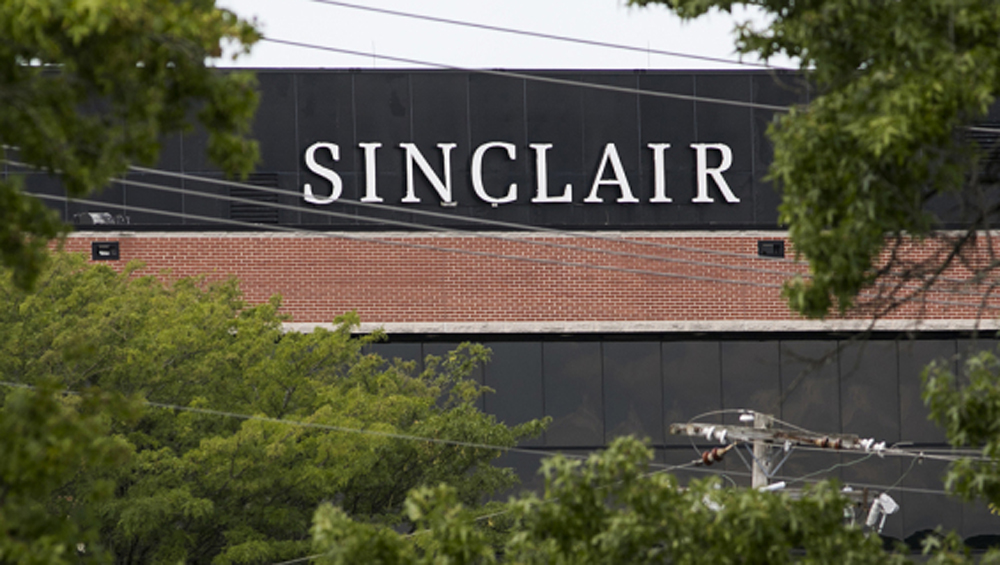
Sinclair Spells Out Cyber Attack Costs

As Sinclair Broadcast Group reported financial results for the fourth quarter Wednesday morning, it also updated Wall Street on the fallout from a ransomware attack in October. No ransom was paid, the company said, but there were costs.
Sinclair President-CEO Chris Ripley told analysts that the company had returned to normal operations and added enhanced security measures. The primary impact of the disruption was to keep Sinclair’s local broadcast stations from being able to deliver advertisements for a period.
“As a result of the incident, the impact on our advertising revenues for the broadcast segment was $63 million, as compared to the low end of our guidance range announced in the third quarter earnings release on Nov. 3. We did not have any material financial impact to our local sports segment. In addition, we incurred approximately $6 million of cyber incident funds costs during the fourth quarter of 2021 and $5 million to date in 2022,” Ripley detailed.
However, after potential insurance reimbursements — “noting that there can be no assurance that the insurance policies will pay their full coverage,” Ripley noted — the unrecoverable net loss is estimated at $24 million. “However, that may increase as details of the recovery are still fluid,” he concluded.
Moving forward, though, the CEO declared 2022 to be looking strong for advertising, with record spending expected for the mid-term election year. “With continued strength in the services and sports betting categories, and a slowly recovering auto sector, advertising rates should see a nice boost in 2022,” Ripley predicted.
Broadcasting President Robert Weisbord, who has just been promoted to COO of the entire company as well, provided more detail in the Q&A session with Wall Street analysts.
“I think there is a robust feeling with the pandemic, with the downside of omicron. We’re seeing restaurants. We’re seeing travel categories up significantly. As well, we’ve gone away from the reliance over the last several years on the auto category. And services continues to be our biggest category. And sports betting is the fastest-growing category,” Weisbord said.
He later added that auto is expected to recover in the third quarter, as more chips become available. But he repeated the observation that the TV business is now less reliant on the auto sector.
Excluding the impacts of political advertising and the cyber incident, EVP-CFO Lucy Rutishauser told analysts that media revenues for the broadcast operation would have been up 8% in the final quarter of 2021.
Looking ahead, she expects broadcast media revenues to be up 6%-8% in the current quarter to $803 million-$819 million. That includes mid-single-digit increases in both core advertising and distribution revenues.
During the Q&A, one analyst had noted that Paramount had indicated earlier this month that increases in reverse comp are expected to ease as the “ask” from networks is moderated by multiple channels of distribution.
“It is accurate what you’re hearing from other players that reverse retrans has grown significantly from basically zero about six or seven years ago to quite a significant number. And so, growth rates have come down quite dramatically. And we think we’re reaching sort of an equilibrium, if you will, in terms of what to expect in the marketplace. That’s a good thing,” Ripley said on the call.
































Comments (0)